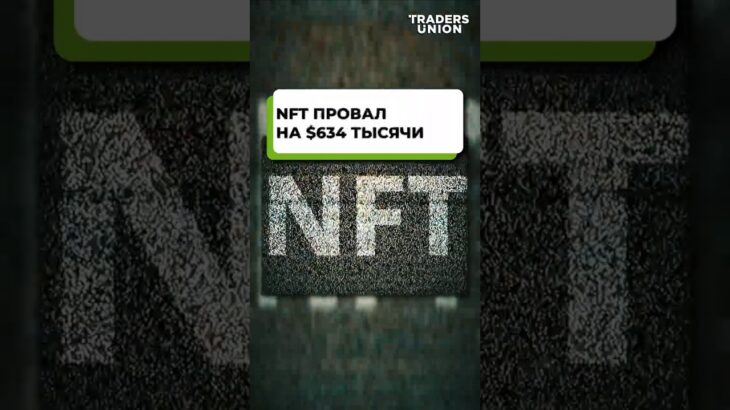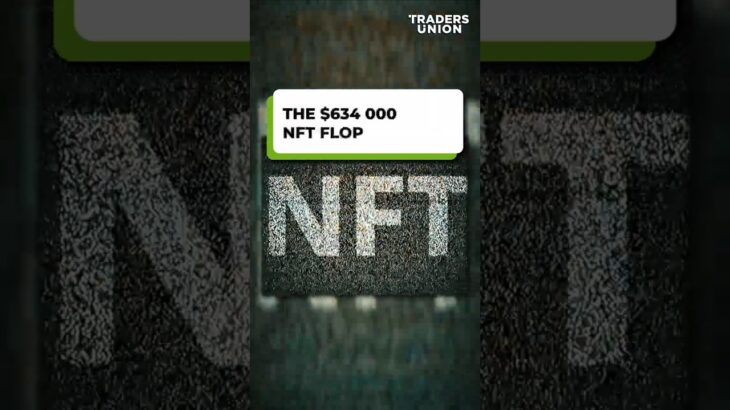NFT stands for Non-Fungible Token. It is a type of digital asset that represents ownership or proof of authenticity of a unique item or piece of content using blockchain technology. Unlike cryptocurrencies such as Bitcoin or Ethereum, which are fungible and can be exchanged on a one-to-one basis, NFTs are non-fungible, meaning each token is unique and cannot be replicated or replaced.
Key characteristics of NFTs include:
Uniqueness: Each NFT is distinct and has its own unique identifier, metadata, and ownership history recorded on a blockchain. This uniqueness is what gives NFTs their value and distinguishes them from other digital assets.
Ownership and Authenticity: NFTs serve as digital certificates of ownership or proof of authenticity for digital or physical assets, including artworks, collectibles, music, videos, virtual real estate, and more. The ownership of an NFT is cryptographically verified and stored on a blockchain, providing immutable proof of ownership.
Interoperability: NFTs are interoperable across different platforms and marketplaces, allowing users to buy, sell, and trade them seamlessly. They can be transferred or sold to other individuals, and ownership is transparent and publicly verifiable on the blockchain.
Marketplaces and Ecosystems: NFTs are bought, sold, and traded on various online marketplaces and platforms dedicated to digital collectibles and assets. These marketplaces provide a venue for creators to mint, list, and sell NFTs, as well as for collectors to discover and purchase unique digital items.
Use Cases: NFTs have a wide range of use cases, including digital art, virtual goods and collectibles, gaming assets, music royalties, domain names, event tickets, and more. They enable creators to monetize their digital creations, establish ownership rights, and engage with their audience in new and innovative ways.
Challenges and Considerations: Despite their growing popularity, NFTs also face challenges and considerations, including environmental concerns related to blockchain energy consumption, copyright and intellectual property issues, market volatility and speculation, and regulatory uncertainties.
Overall, NFTs represent a novel and exciting form of digital ownership and asset management, with the potential to transform various industries and create new opportunities for creators, collectors, and investors in the digital economy.





